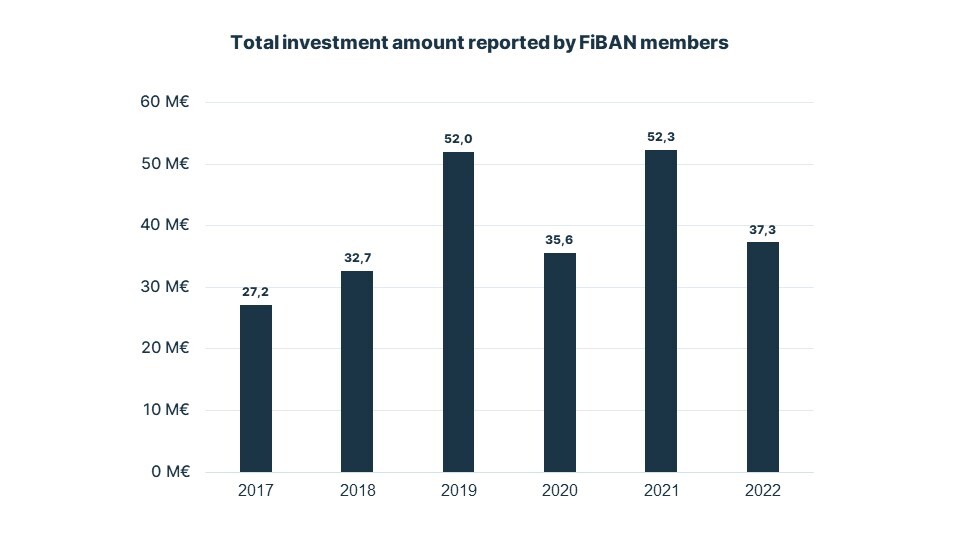
Can I utilize military training takeaways in my work at the Finnish Business Angels Network? Yes, I absolutely can.
I recently spent three weeks in training by the Finnish Defence Forces. A few weeks ago, I posted on LinkedIn about my takeaways from this international training. This brought me to think about how many similarities these environments share.
Whatever the operation, these are the core principles that apply to both board rooms and conflict zones.
1. Identify The Potential Sources of Crises – Put the Fires Down Before They Start
One of the most critical aspects of both peacekeeping and startup leadership is the ability to predict potential crises and defuse them before they escalate into conflicts. Sometimes the board doesn’t agree, sometimes the founder and investors don’t agree, and sometimes the founders don’t even agree among themselves.
Similarly, peacekeeping involves understanding the underlying reasons for conflicts, be they political, ethnic, or economic, and proactively working with involved parties to prevent and resolve them. It is often easier to prevent a crisis than to manage its aftermath.
2. Operating Between the Stakeholders in a Crisis
In both peacekeeping missions and startup environments, successful outcomes require a leader to act as an intermediary between stakeholders who may have conflicting interests. Just like the peacekeeper plays the role of a mediator between warring factions, a CEO must balance the needs of investors, employees, customers, and partners.
A deep understanding of diplomacy, negotiation, and conflict resolution is required to find common ground and facilitate collaboration among parties who may have different goals.
3. Observing the Situation and Monitoring Its Evolution
In both the military and business, there is no room for rushed decisions. A peacekeeper watches over an area to ensure civilians can be safe and avoid escalation as a neutral party, while a CEO ensures strategic decisions are made based on facts and that group dynamics are harnessed to bring out the best of each team member.
The ability to gather intelligence, analyze data, and adapt to changing circumstances is vital in both worlds. Only when you have up-to-date information can you make informed decisions?
4. Giving Advice and Bringing Peace to the Situation
Offering guidance and counseling is a part of keeping peace, no matter the institution. Whether it’s providing strategic advice to a startup team or mediating disputes in a conflict zone, both roles require empathy and a genuine desire to achieve positive outcomes.
5. Abstaining from taking action on behalf of those engaged in the conflict
In both startups and peacekeeping, you need to withhold from acting on behalf of others to respect autonomy and self-determination. It teaches us that lasting peace and sustainable success can only be achieved when people themselves find the internal motivation to achieve peaceful relations.
About the author
Tiina Laisi-Puheloinen is the CEO of the Finnish Business Angels Network. Connect with her on LinkedIn.


